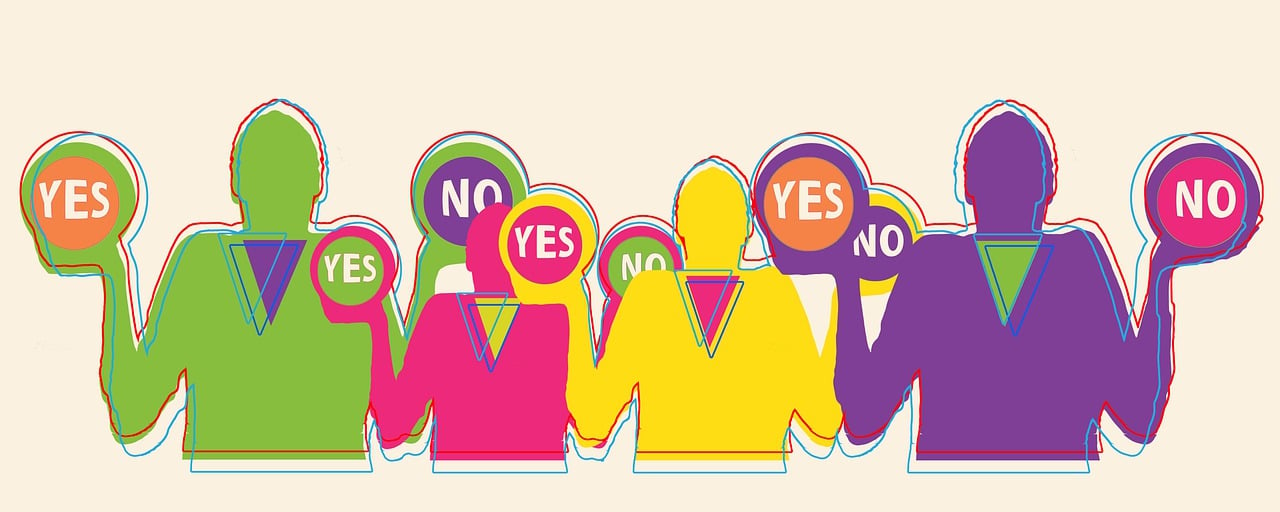How To Stop Overthinking and Start Living
**"Ever spent 30 minutes debating whether to send a text, only to realize your pizza delivery guy is knocking because you forgot to press 'Order'? Yep, that's overthinking in action! While some decisions need a little planning (like, maybe not texting your ex), overthinking can turn simple moments into a mental marathon. If you're ready to stop turning 'What if?' into 'What happened to my day?' and start living your best life, keep reading. Spoiler: Life’s too short to be stuck in your head!"**
Have you ever faced a situation where you overanalyzed every possible outcome before taking a step, only to find yourself stuck in a loop of indecision? While some circumstances demand careful planning and ventilation, overthinking can become a roadblock that keeps us from living fully. In this article, we’ll explore how overthinking can prevent you from achieving your goals and share actionable tips to help you break free.

The Paralysis of Overthinking
When you overthink, you’re essentially magnifying a situation until it becomes bigger than it needs to be. For instance, imagine someone considering switching careers. Instead of weighing the pros and cons and taking action, they spend weeks—or even months—playing out worst-case scenarios in their mind:

- What if I fail?
- What if I’m not good enough?
- What if this decision affects my family?
Over time, these “what-ifs” grow into a full-blown paralysis. The result? They stay in a job they dislike, missing out on opportunities to grow and find fulfillment.
This is not uncommon. Studies show that chronic overthinkers tend to experience higher levels of stress and anxiety, which can negatively affect their mental and physical health. Overthinking doesn’t solve problems; it exacerbates them.
How Overthinking Makes Us Miss Opportunities
Overthinking can prevent us from:
- Seizing the moment: Someone might hesitate to introduce themselves to a potential mentor or partner because they overanalyze how they’ll be perceived.
- Taking risks: Many entrepreneurs have delayed launching their ideas, only to find that someone else beat them to it.
- Building relationships: Replaying every word from a conversation can stop you from nurturing genuine connections.

A real-life example is Sarah, a college student who spent months deliberating over whether to join a study-abroad program. By the time she made up her mind, the deadline had passed. She missed a once-in-a-lifetime opportunity because her fear of the unknown overshadowed the potential rewards.
Is Overthinking a Form of Procrastination?
Sometimes, overthinking disguises itself as preparation. “I’m just being thorough,” we tell ourselves. But when the process of analyzing becomes endless, it crosses the line into procrastination.

Think about Jake, an aspiring author. He’s spent years researching, outlining, and revising his book idea without ever starting the first chapter. His overthinking has become a way to delay facing the vulnerability of sharing his work with the world.
If this sounds familiar, it’s time to recognize that overthinking can be a defense mechanism to avoid the discomfort of action.
How to Stop Overthinking and Start Living
Breaking free from the cycle of overthinking takes conscious effort. Here are some strategies to help:

Set a time limit for decisions: Give yourself a reasonable timeframe to gather information and make a choice. For example, decide that you’ll choose a gym membership within three days instead of spending weeks comparing every option.
Image by Hannah Williams from Pixabay
Focus on what you can control: Instead of spiraling into worst-case scenarios, shift your attention to the actions you can take now. Ask yourself, “What’s the next small step I can take?”
Practice mindfulness: Techniques like deep breathing or meditation can help you stay present and reduce mental clutter.
Image by vined mind from Pixabay


Seek accountability: Share your thoughts with a trusted friend or mentor who can provide a fresh perspective and nudge you towards action.
Adopt a “good enough” mindset: Perfectionism often fuels overthinking. Accepting that not every decision needs to be perfect can free you to act more decisively.
Image by James Oladujoye from Pixabay

Call to Action
The next time you catch yourself overthinking, pause and ask: “Is this truly helping me, or am I delaying action?” Challenge yourself to take one small step toward execution. You’ll often find that action dispels doubt more effectively than endless contemplation.

Disclaimer
This article is for informational purposes only and is not a substitute for professional advice. If overthinking significantly impacts your daily life, consider consulting a licensed therapist or counselor for personalized guidance.
